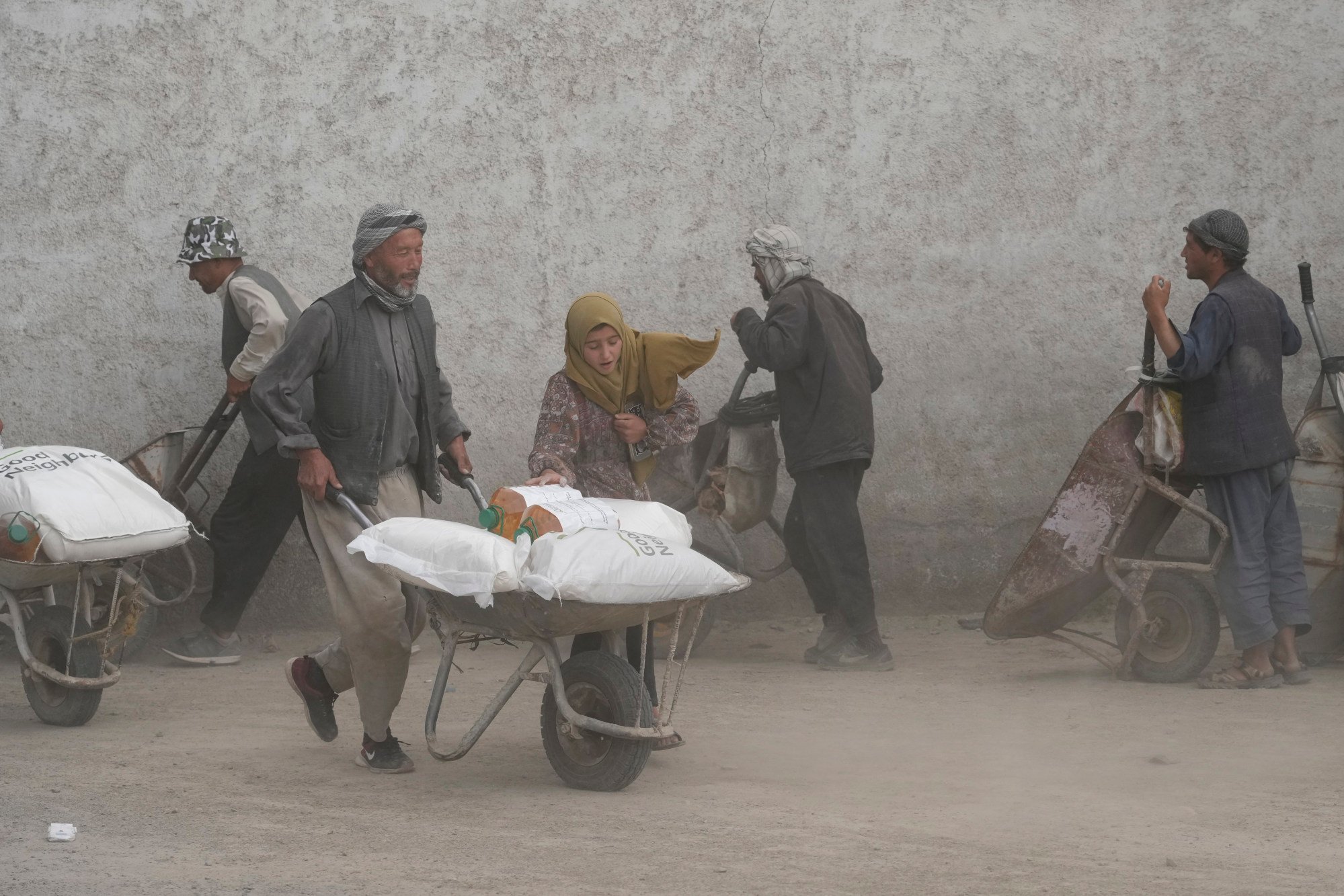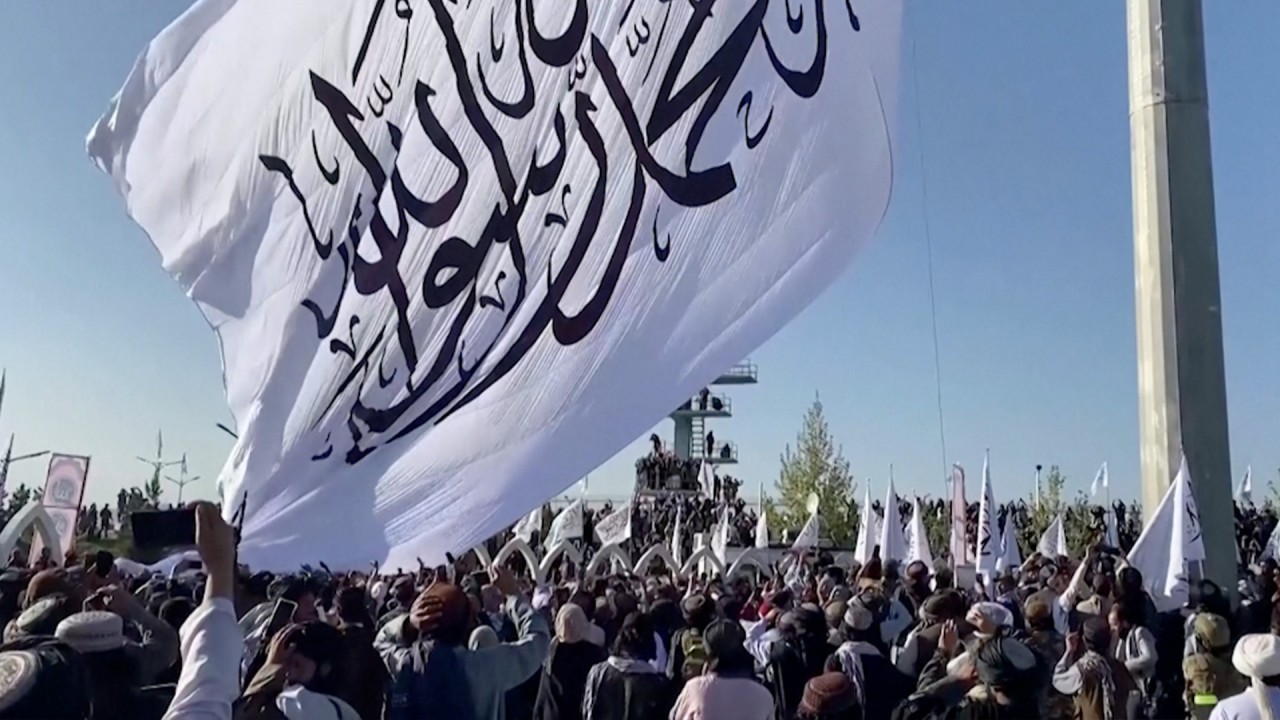
How the US can help end Afghanistan’s humanitarian crisis
- Afghanistan faces a severe food and humanitarian crisis, with deaths expected to outstrip those during the 20-year war
- If the US has concerns that aid funding will leak to the Taliban, it should work with UN agencies to carry out badly needed relief activities
First, there was a clear indication that the return of the Taliban government would bring sociopolitical chaos to the country. Second, it was expected that the country would be catapulted into an economic crisis because of the possibility of developmental funds and aid to Afghanistan being suspended.
But no one predicted at the time that Afghanistan would face a severe food and humanitarian crisis within only a few months. Analysts expect more Afghans to die because of the current crisis than all Afghan deaths in the 20-year war that began in 2001. Most Afghan households have lost some or all of their livelihood in the past eight months.
The roots of Afghanistan’s crisis can be traced to external restrictions on the country’s banking sector and international humanitarian and development funds. In an attempt to limit the Taliban’s access to foreign assets, the US government imposed stringent restrictions on transactions with Afghanistan’s central bank.
The US has frozen more than US$9.5 billion in assets belonging to Afghanistan’s central bank. At the same time, in addition to impeding international funding, the US has put the brakes on most financial assistance to development projects there.
The collapse of foreign development aid has wreaked havoc. Most Afghans are facing extreme levels of hunger, and more than a million children under the age of five are considered to be at high risk of dying from starvation.
The Taliban regime is not in a position where it can feed the Afghan people. A large number of Afghans are facing a hunger crisis for the first time. Hunger is evident in every town, village and street across the country. Long queues outside bread shops and scuffles over food in different parts of the country are now a daily sight.
War, Covid-19 and climate change put millions at risk of famine
At the same time, to help continue financial support for selected educational projects, including paying teachers’ salaries, the Biden administration has taken steps towards easing some of the restrictions on the types of aid humanitarian organisations can provide.

A group of lawmakers in the US Congress is also trying to persuade the Biden administration to release Afghanistan’s frozen assets to support health, education and other programmes.
Meanwhile, a cash shortage that has trickled down from banks to households and skyrocketing prices of basic items have created a grave socioeconomic crisis that could have spillover effects in the countries around Afghanistan. The international community must play a role in devising a strategy to stop and reverse this massive human tragedy in the making.
The main concern of the White House appears to be how to safely transfer badly needed funds to humanitarian organisations in Afghanistan without involving the Taliban and the country’s banking sector. US officials are wary of the possibility that money meant to go towards humanitarian assistance could be leaked to the Taliban government if donors use Afghanistan’s central bank.
The best option would be to use the appropriate United Nations agencies to carry out humanitarian activities in Afghanistan. The White House must act now or it will face much higher moral and financial costs later.
Dr Imran Khalid is a freelance contributor based in Karachi, Pakistan




